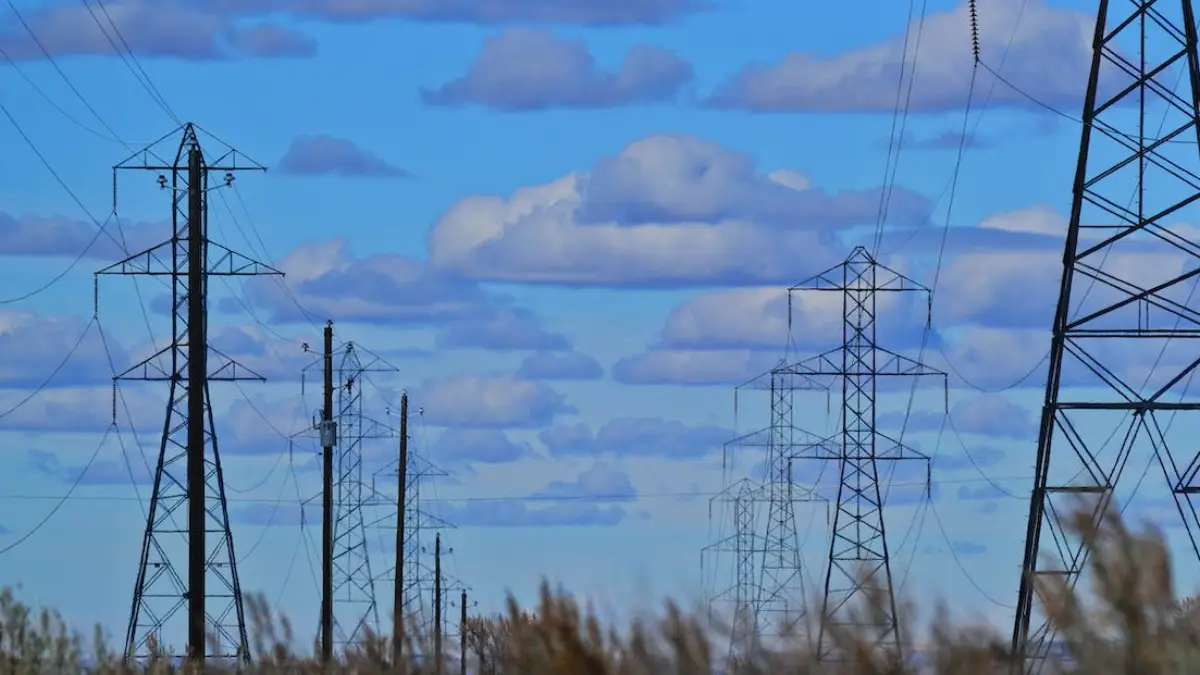Introduction:
A comprehensive report released by the United Nations sheds light on a pressing environmental concern, indicating that over 3,500 invasive alien species have successfully established themselves outside their native habitats. These invaders, once settled, disrupt ecosystems, propagate diseases, imperil livelihoods, and push native species toward extinction. The report underscores the adverse consequences of human activities such as global trade and climate change, which have facilitated the introduction of more than 37,000 alien species across the globe. While a significant majority of these species coexist peacefully within existing ecosystems, approximately one-tenth of them, known as invasive species, pose a significant threat to the natural world.
Global Spread of Invasive Species:
The UN report reveals that the proliferation of alien species is occurring at an unprecedented rate. The surge is attributed to the surge in global trade and the warming of the planet, resulting in approximately 200 new species joining the list each year. These invasive species, once introduced, wreak havoc on ecosystems, causing irreparable damage and triggering local and global species extinctions. Furthermore, they pose a direct threat to human well-being.
Concerns in the UK:
In the United Kingdom, around 2,000 alien species have made their presence felt, with approximately 250 of them being classified as invasive. One of the most notorious invaders in the UK is the grey squirrel, originally imported from North America in 1876. Grey squirrels are currently decimating native red squirrel populations by transmitting a disease that is lethal to red squirrels but benign to their grey counterparts.
However, the Asian Hornet has emerged as a significant cause for concern. With 22 confirmed sightings in the UK since May, there is growing apprehension that this invasive species might establish itself in the country. Asian Hornets pose a dual threat as they prey on honey bees and other essential pollinators while their stings, although no more venomous than other hornets in the region, can lead to severe allergic reactions in rare cases.
Raccoons and Other Global Threats:
Beyond the Asian Hornet, researchers express worry about the potential establishment of raccoons in the UK. Occasional sightings have occurred, and these creatures have posed substantial problems in other European countries, where they have killed native wildlife and disseminated parasitic diseases.
On a global scale, the Asian tiger mosquito, the most invasive mosquito species globally, has successfully spread from Asia to Africa, the US, Mexico, and Italy. This spread has led to the propagation of dengue fever, capitalizing on climate change to expand its habitat.
Water hyacinth, the world’s most widespread terrestrial invasive alien species, has adversely impacted fishing livelihoods in Kenya, Tanzania, and Uganda. This aquatic plant crowds out native flora depletes oxygen in the water and ultimately decimates fish populations.
Additionally, invasive grasses covering a quarter of the Hawaiian islands have been attributed to fueling recent wildfires, highlighting the far-reaching consequences of invasive species.
Conclusion:
The UN report underscores the global nature of the invasive species issue, emphasizing that it affects people from all backgrounds and communities, even extending its influence to Antarctica. As the planet grapples with increasing instances of invasive species, proactive measures and heightened vigilance are imperative to mitigate the threats posed by these intruders.









